Sustainability Monitoring
What is Sustainability Monitoring?
Sustainability Monitoring is an analysis of an organization or industry’s direct impact across the sustainability dimensions (social, environmental, economic). Sustainability Monitoring can be applied to manage sustainable development in core operations, communicate direct impact to internal and external stakeholders, and report non-financial performance based on empirical data.
From innovation to greenhouse gas emissions, Sustainability Monitoring measures performance in social, environmental, and economic contributions resulting from “in-house activities”, or otherwise known as direct impacts. Using a model aligned with the G20, WHO, and the German Federal Ministry of Economics and Climate Action (BMWK), Sustainability Monitoring provides evidence-based analysis for organizations while enabling performance comparison against relevant benchmarks, such as sectoral and national averages.
How does Sustainability Monitoring work?
Sustainability Monitoring uses an extensive range of indicators to provide a wide understanding of an organization or industry’s direct impacts. These indicators include:
Social
- Health & safety
- Fair wages
- Gender pay gap
- Workforce diversity
- Employee training
- Risk of corruption
- Risk of child labor
- Risk of modern slavery
Environmental
- Greenhouse gas emissions
- Air pollution
- Water usage
- Energy usage
- Land usage
- Waste reduction
- Materials
- Biodiversity
Economic
- GDP contribution
- Employment
- Labor productivity
- R&D intensity
- R&D value contribution
What does WifOR’s Sustainability Monitoring offer organizations and industries?
Sustainability Monitoring offers various benefits for organizations and industries. These benefits include:
- Quantifying the impact resulting from own operations across three sustainability dimensions: social, environmental, and economic
- Using evidence-based findings to enhance decision-making regarding sustainability performance
- Applying scientific sustainability research to communicate contribution to political targets and develop stakeholder specific messages
- Contextualizing sustainability performance by comparing with relevant benchmarks
- Devising sustainable development strategies based on valid data
Political Context
The United Nations has set 17 Sustainable Development Goals (SDGs) on its 2030 Agenda. The SDGs were adopted by all UN Member Nations in 2015 and are a call for global cooperation to promote peace, prosperity, and planetary well-being.
WifOR’s sustainability research supports organizations and industries in orienting themselves to achieve the Sustainable Development Goals. Sustainability Monitoring positively contributes to the following SDGs:
Social
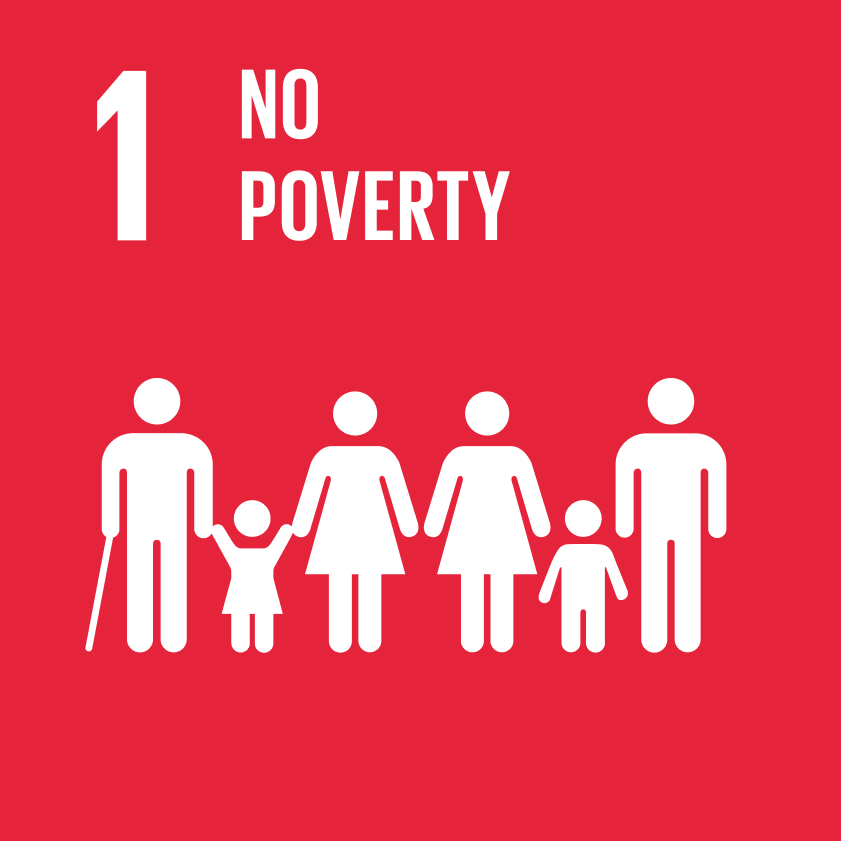
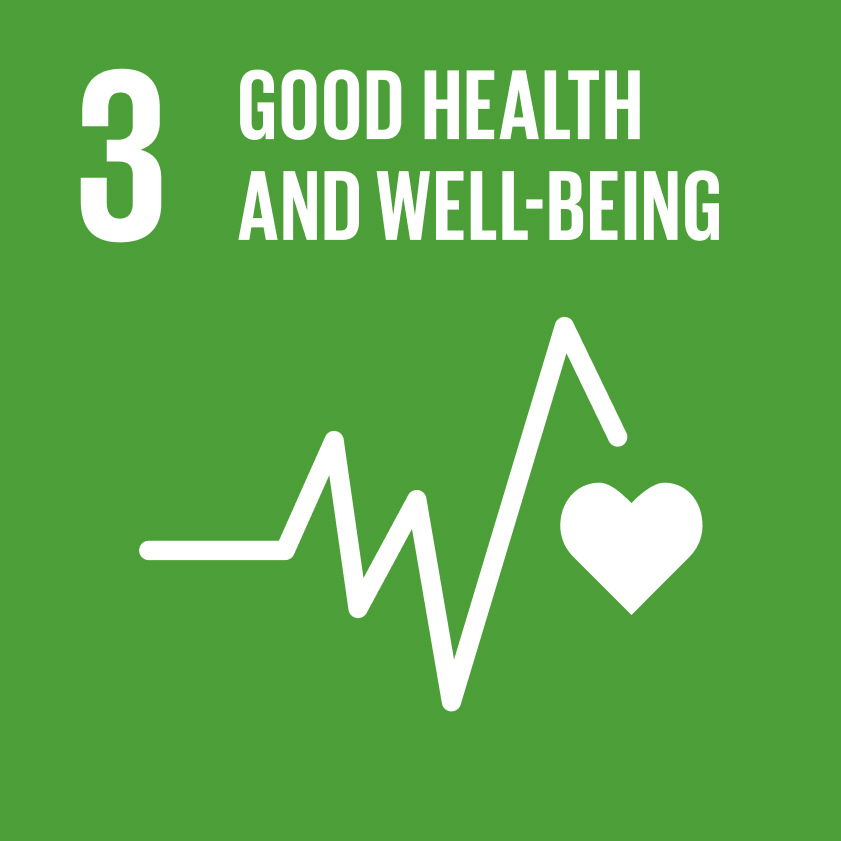
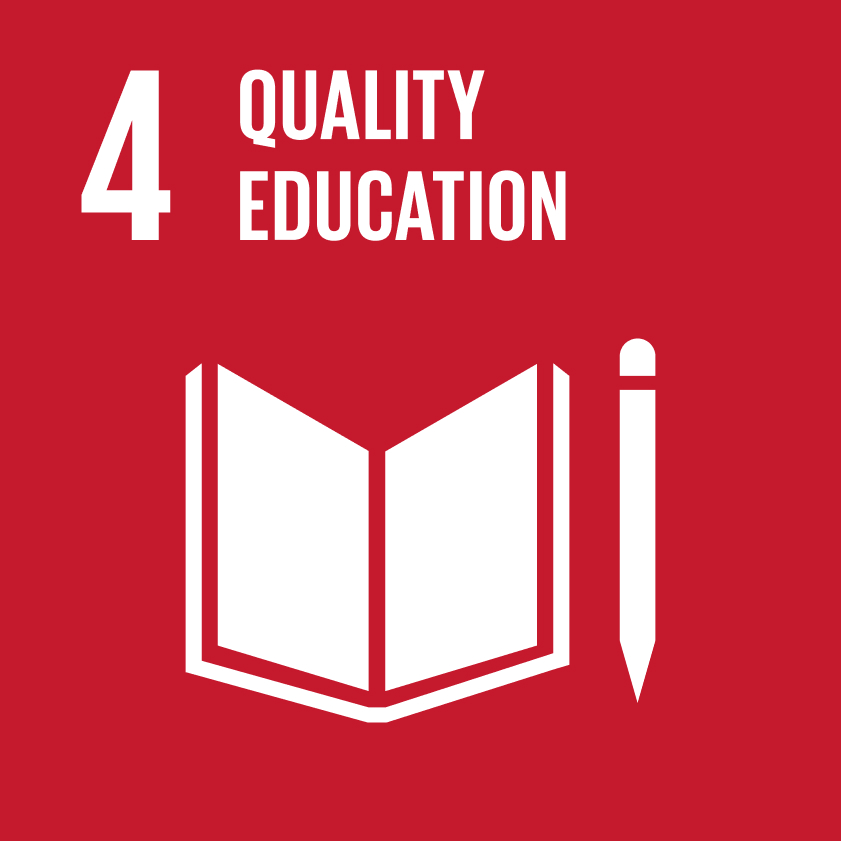
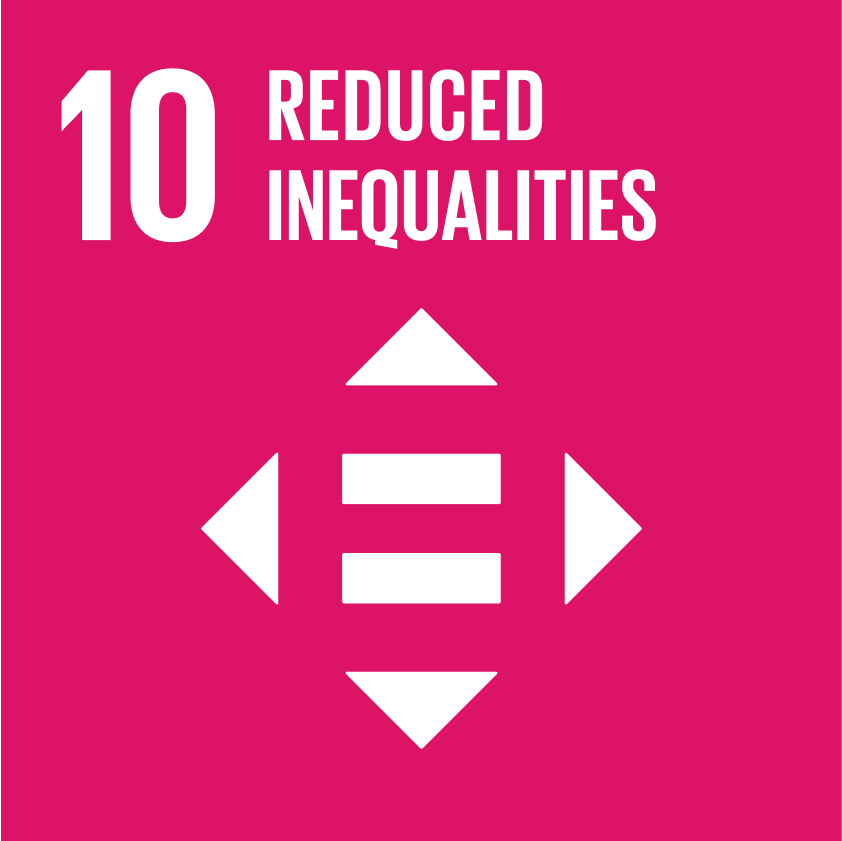
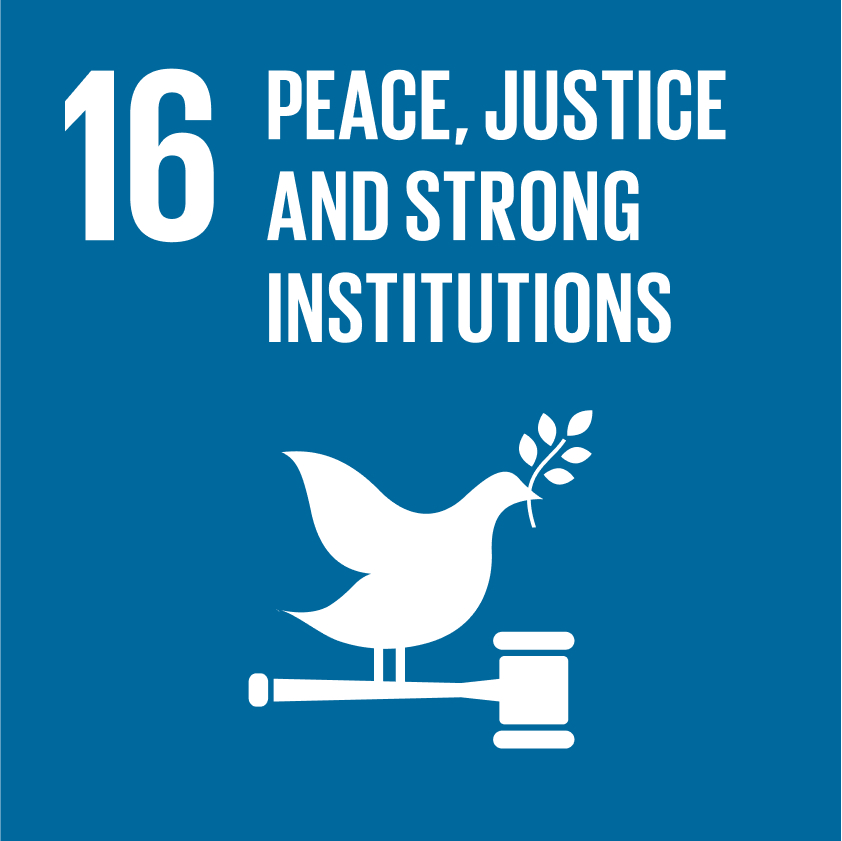
Environmental
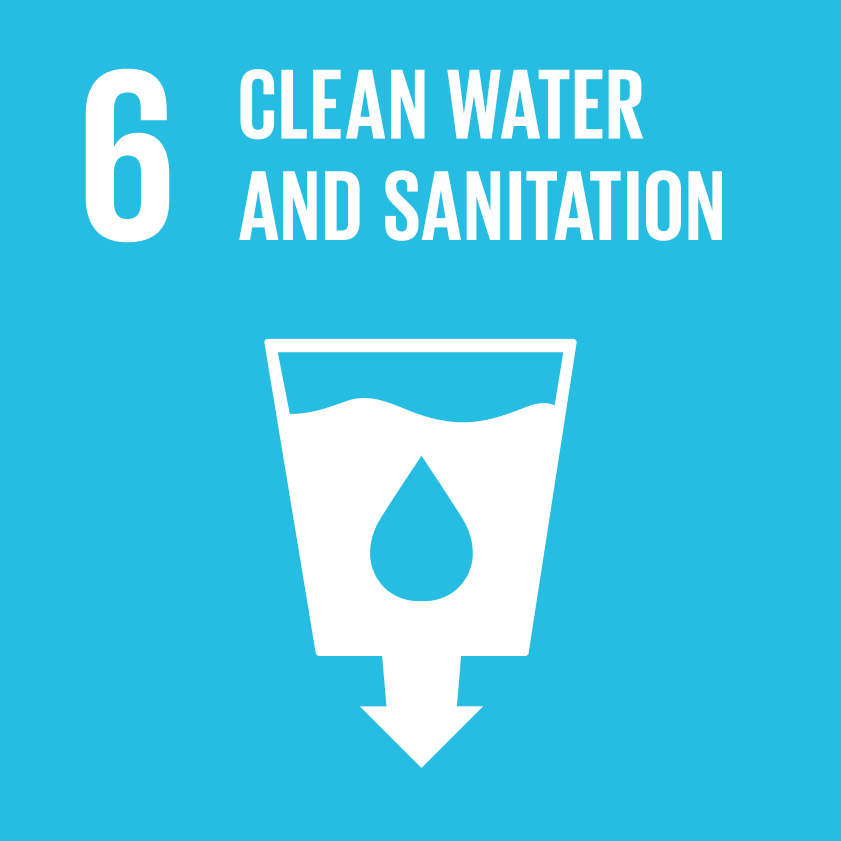
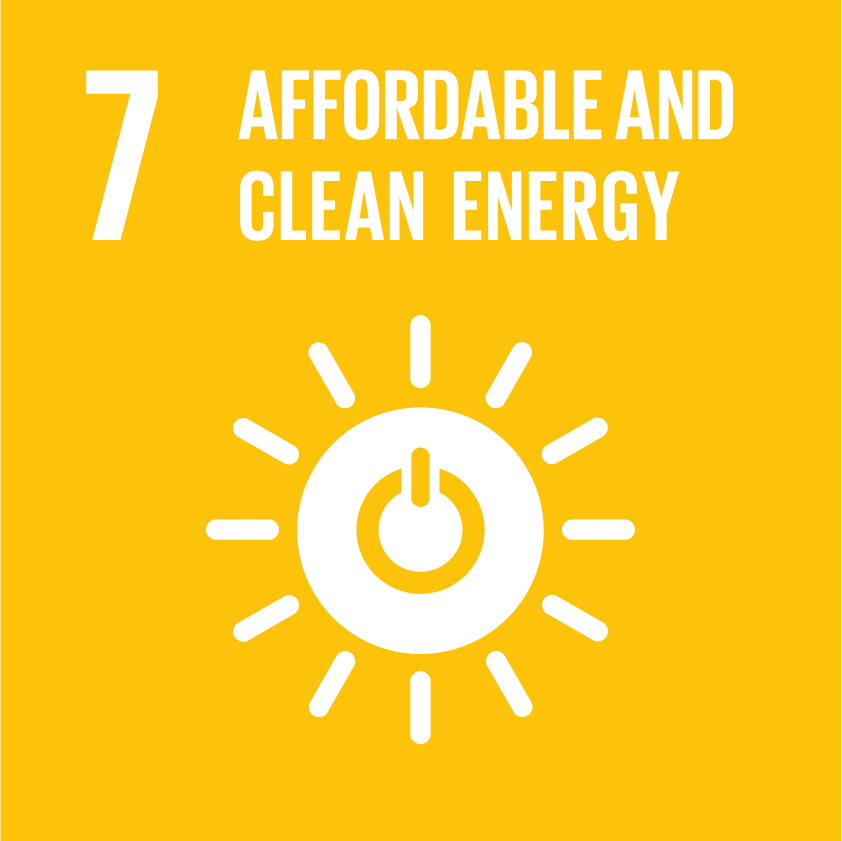
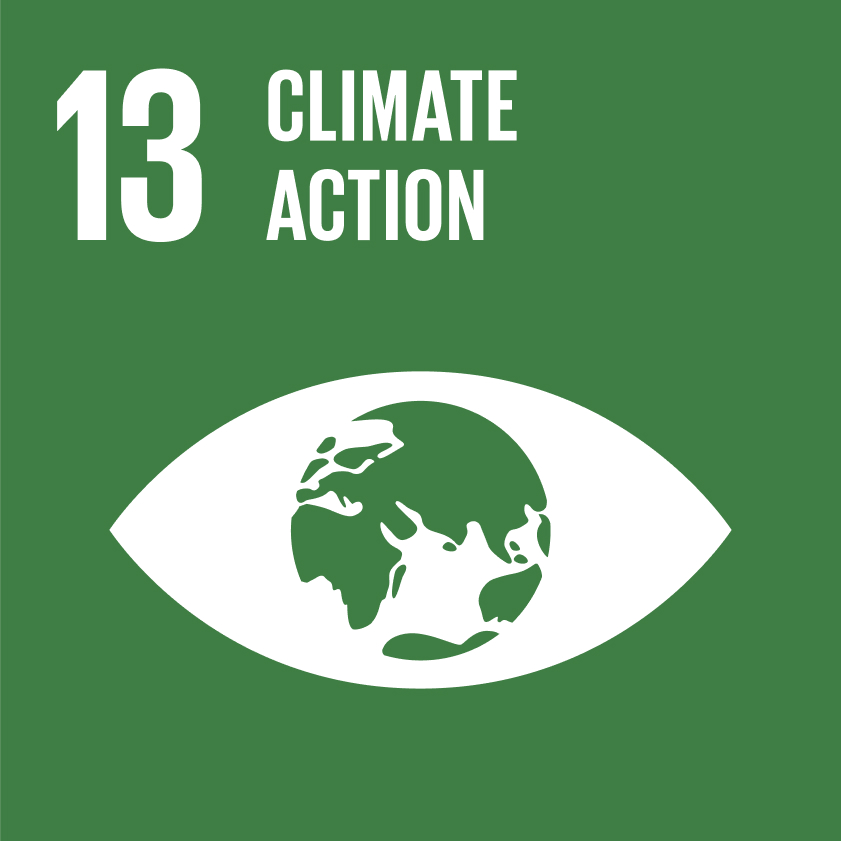
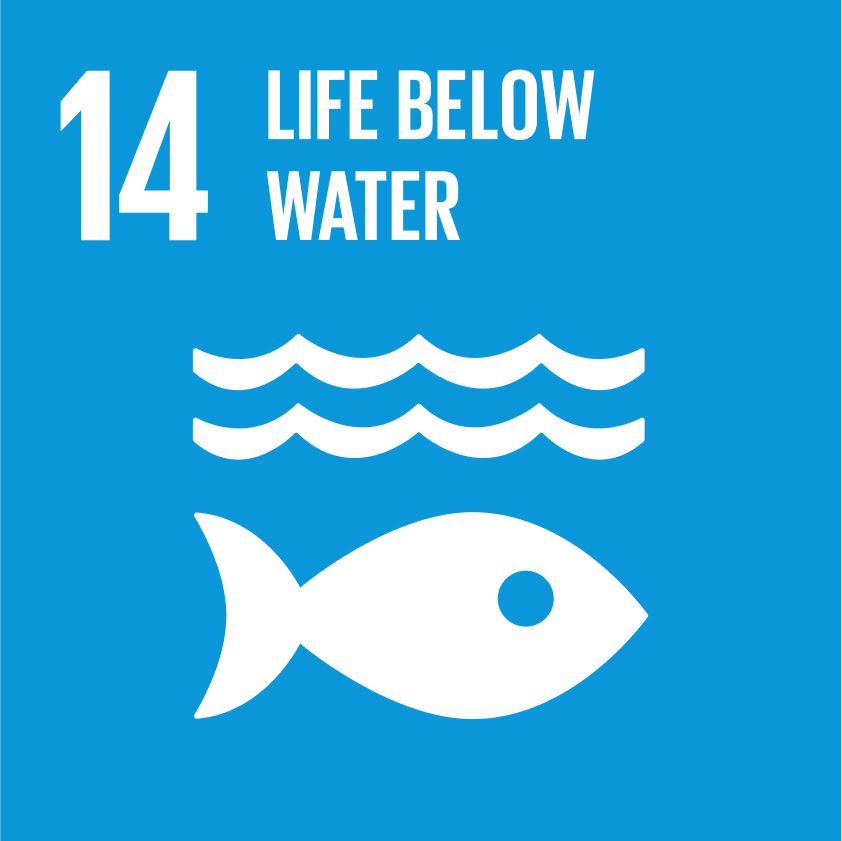
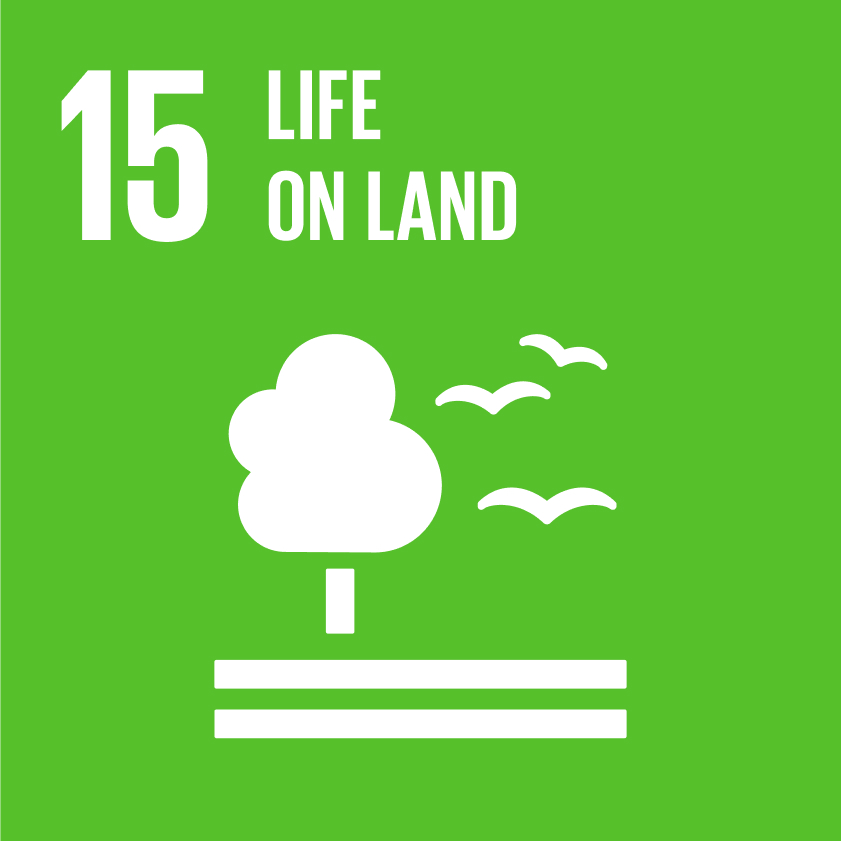
Economic

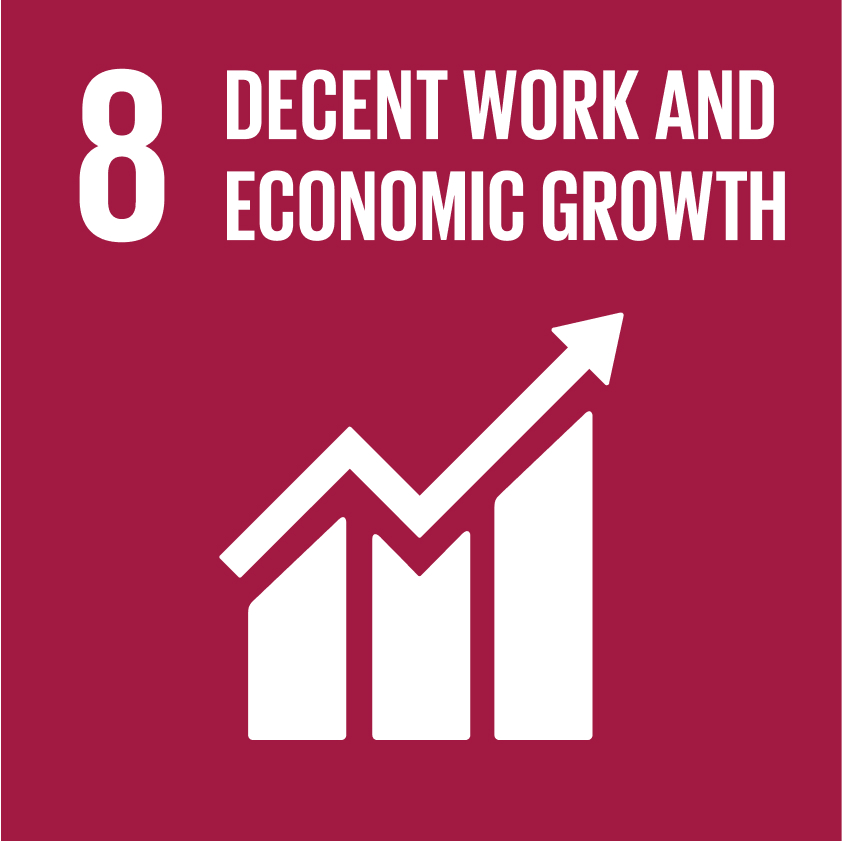
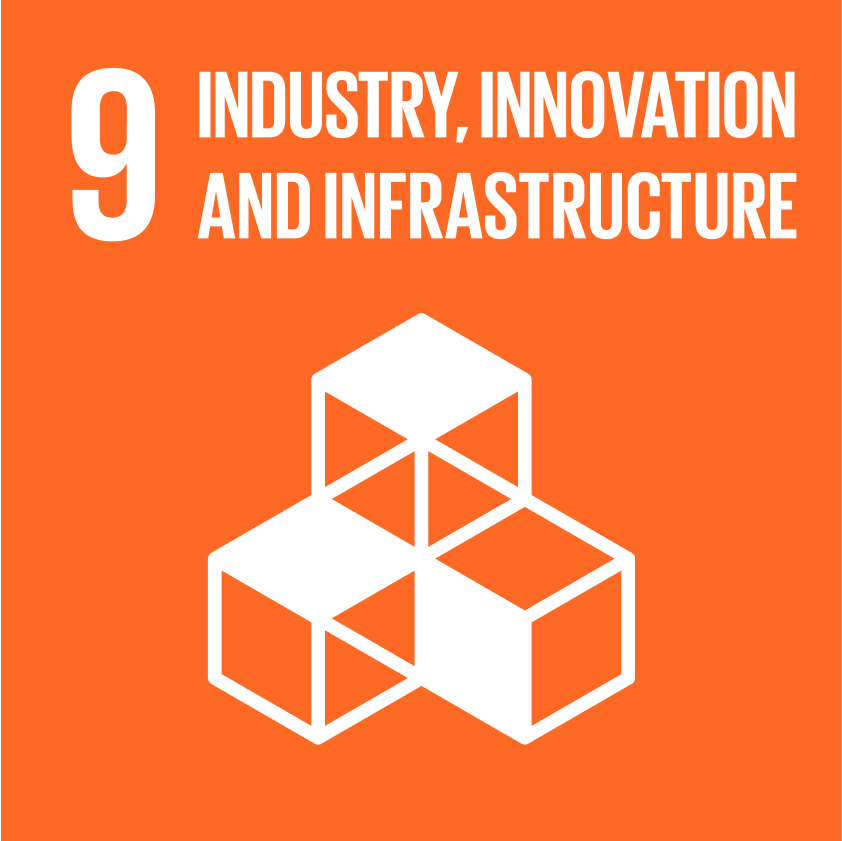
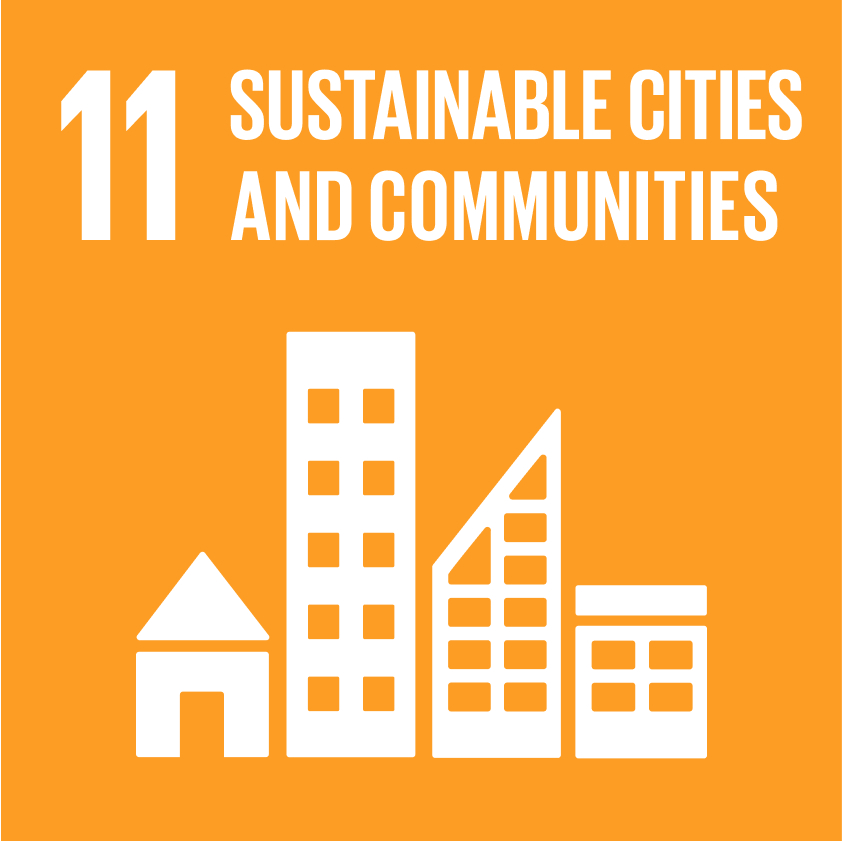
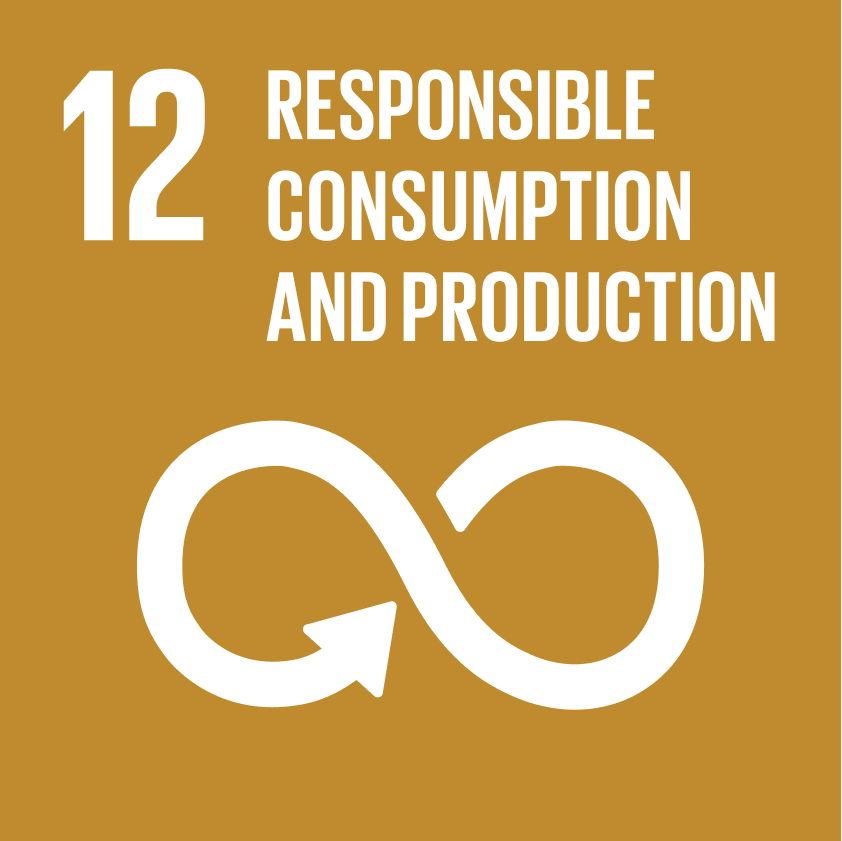
You might also be interested in
Latest articles from WifOR’s Sustainability Research
-
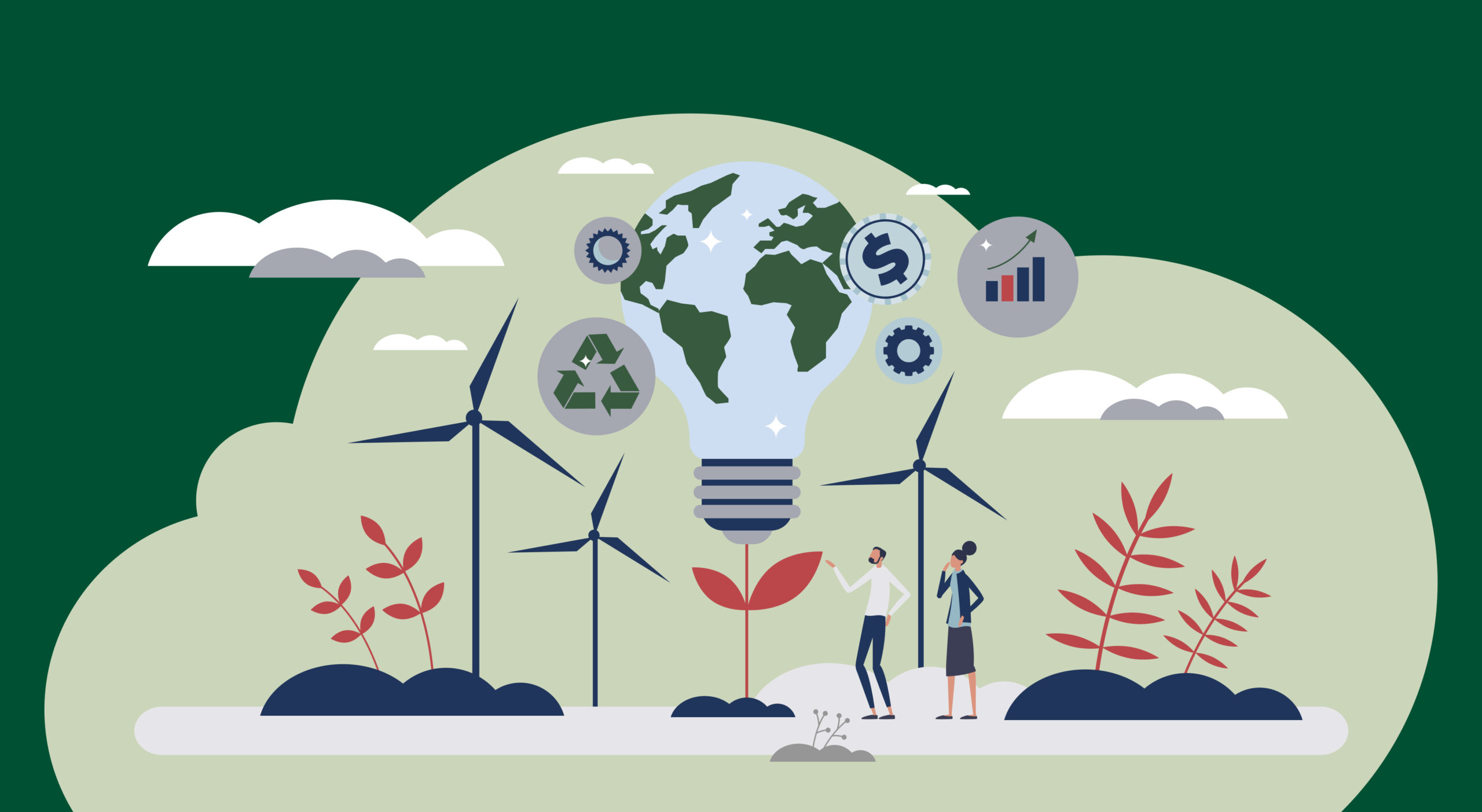
Interview with Dr. Richard Scholz
Using Impact Valuation to act responsibly – along the supply chain
-

A comparison of German and European supply chain laws
New supply chain laws: What do they mean for companies?
-
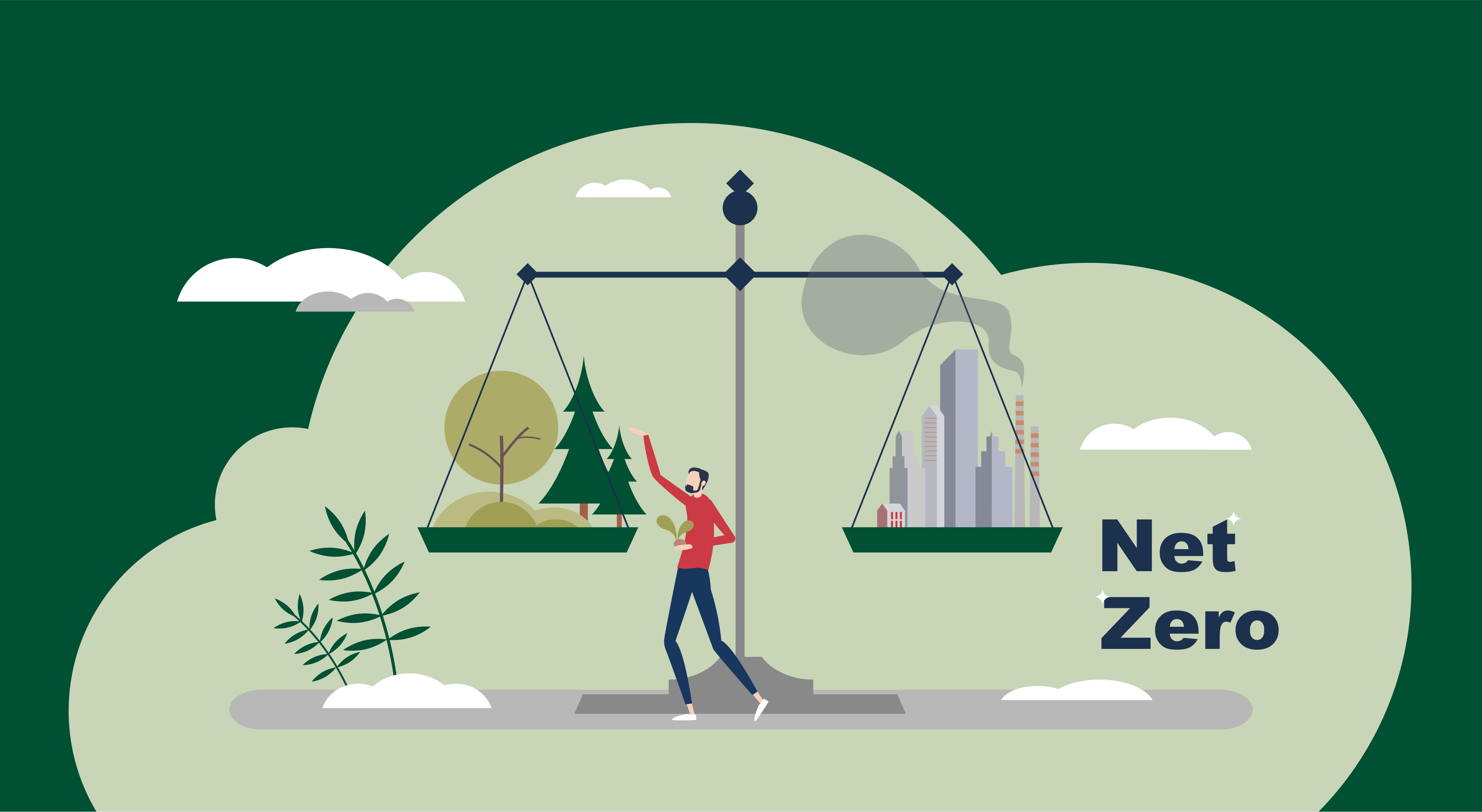
Nonfinancial Reporting
Net Zero – What does it mean for companies?







